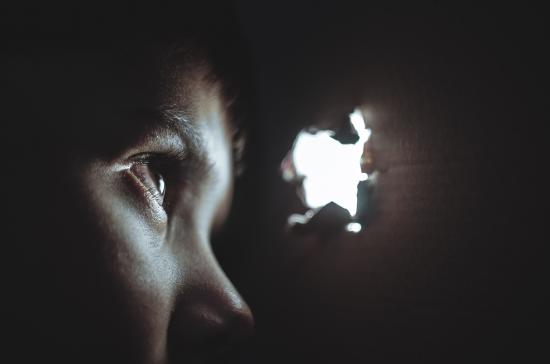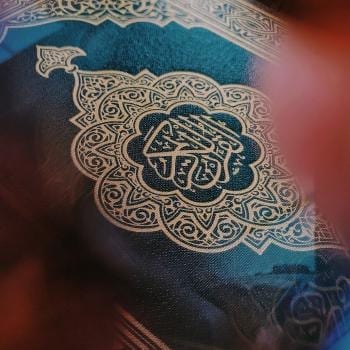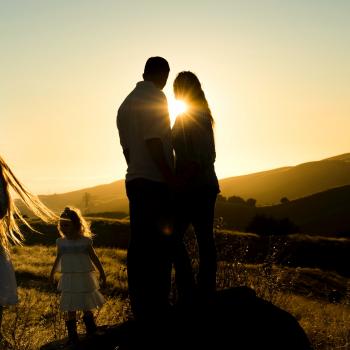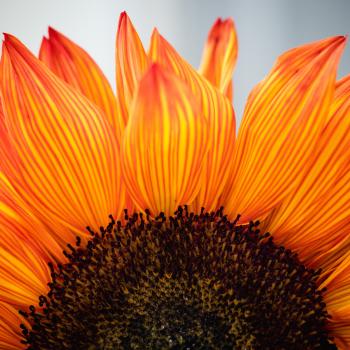
“God must be punishing me for a past sin, by giving me a child like you.”
“Shut up! I’m your father, you loser.”
“Talk to me like that again, and I’ll beat you to a pulp.”
“Jannah (Paradise) lies under the feet of your mother. Until I forgive you, you’re going to Hell.”
These are only a few of the expressions that abused and neglected children may hear from their parents or elders. Oftentimes, this abuse masks itself under the guise of Islamic rights. Verbal/emotional abuse, physical abuse, and even sexual abuse, may be perpetrated without a second thought. People who do not accept abuse for what it is may even scoff at scientific evidence of its unfortunate consequences. This is a pathetic display of not owning up to the repercussions of one’s own actions.
Child abuse and neglect, especially when done in the name of religion, can also have a detrimental effect on the child’s attitude towards Islam and even Allah (SWT) Himself. These negative feelings can last well throughout the abused person’s adulthood.
Sadly, in many cultures, abuse coming from parents or family elders may be considered normal and justifiable. It may not even be considered mistreatment; this is especially true for verbal abuse.
Many times, the child may be threatened or coerced in order to keep them from telling anyone or getting help. It is also not uncommon for other relatives to find out, but try to keep it quiet out of fear of shame on the family.
However, such cruelty and hurtfulness can have serious ramifications, which can negatively impact a child well through their adolescence and adulthood. The effects may be on their mental health, or even on their physical health. Numerous studies have been conducted to research the long-term consequences of child abuse, and findings include:
- Impaired brain development, leading to cognitive, language, and academic disabilities.
- Poor physical health, which may include serious illnesses such as cardiac disease, hypertension, and diabetes (the list goes on).
- Psychological damage, resulting in mental health disorders, poor emotional health, and social difficulties.
- Behavioral problems, such as juvenile delinquency, adult criminality, drug and alcohol abuse, sexual promiscuity (especially in the case of sexual abuse), and abusing others.
Child abuse and neglect, especially when done in the name of religion, can also have a detrimental effect on the child’s attitude towards Islam and even Allah (SWT) Himself. These negative feelings can last well throughout the abused person’s adulthood.
There is no doubt that Islam gives parents a very high status, and they are to be shown respect by their children. However, showing respect does not equate to tolerating any kind of abuse.
After being abused by their parents or other family members, the relationships those children have with their elders are also weakened or broken — possibly forever. Sometimes, gaining their trust back is an impossible task.
There is no doubt that Islam gives parents a very high status, and they are to be shown respect by their children. However, showing respect does not equate to tolerating any kind of abuse. While parents’ rights have been mentioned in the Qur’an, so has the importance of speaking out against injustice — even if one has to speak out against one’s own parents or relatives. [Qur’an 4:135]
The Prophet (PBUH) was reported to have said, “Fear Allah, the Almighty, and be fair and just to all your children. [If you treat them unjustly,] Seek the testimony of another person, other than me. I will not testify to an act of injustice.” [Sahih Bukhari]











